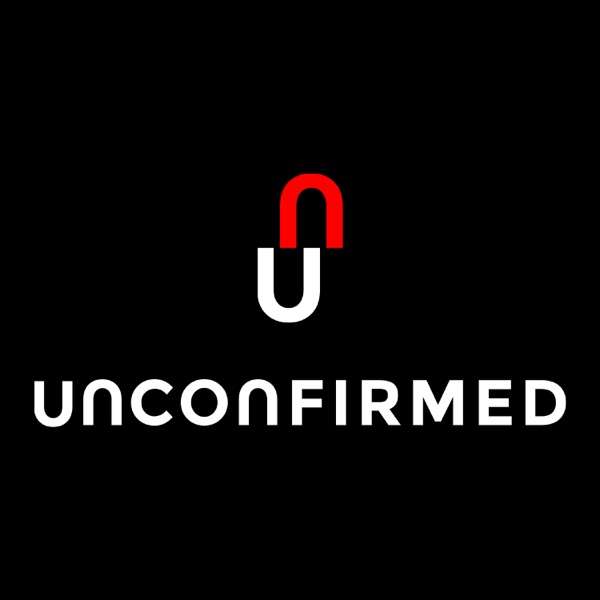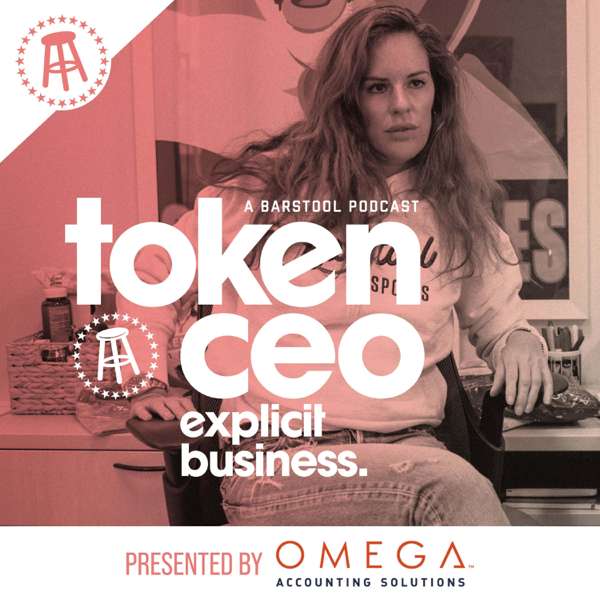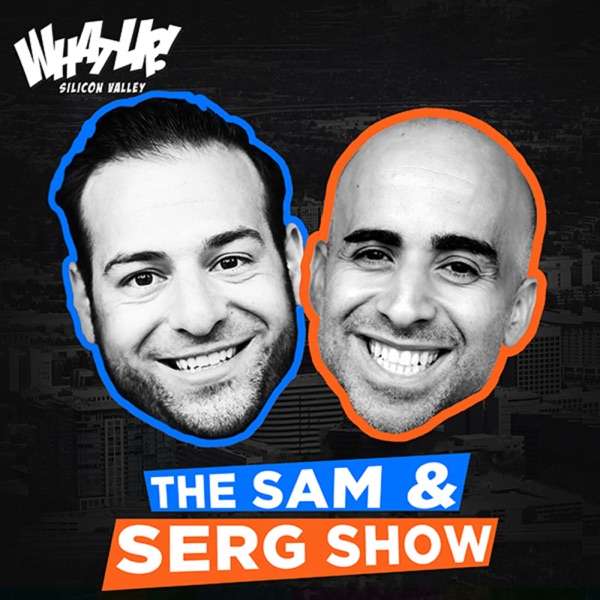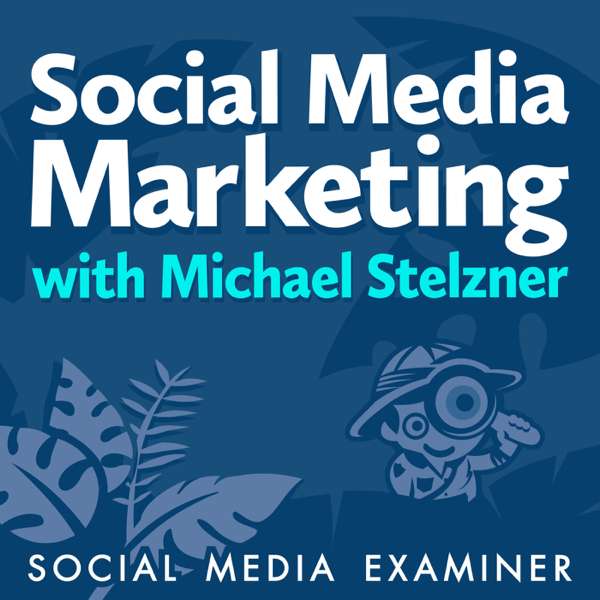Archives in Context is a podcast about archives and the people behind them. Cosponsored by the Publications Board, American Archivist Editorial Board, and Committee on Public Awareness of the Society of American Archivists (SAA), the podcast is hosted by Bethany Anderson, Chris Burns, Ashley Levine, Nicole Milano, Colleen McFarland Rademaker, and Anna Trammell.
- Home
- Top Charts
- Top Networks
- Top Apps
- Top Independents
- Top Podfluencers
- Top Picks
- Top Business Podcasts
- Top True Crime Podcasts
- Top Finance Podcasts
- Top Comedy Podcasts
- Top Music Podcasts
- Top Womens Podcasts
- Top Kids Podcasts
- Top Sports Podcasts
- Top News Podcasts
- Top Tech Podcasts
- Top Crypto Podcasts
- Top Entrepreneurial Podcasts
- Top Fantasy Sports Podcasts
- Top Political Podcasts
- Top Science Podcasts
- Top Self Help Podcasts
- Top Sports Betting Podcasts
- Top Stocks Podcasts
- Podcast News
- About Us
- Podcast Advertising
- Contact

 Our TOPPODCAST Picks
Our TOPPODCAST Picks  Stay Connected
Stay Connected







































































 Listen to compelling stories about archives from A Finding Aid to My Soul, a storytelling event at
Listen to compelling stories about archives from A Finding Aid to My Soul, a storytelling event at 






 Teresa has shared successful strategies and experiences from SAA with the association industry in a number of articles, including “Remote Possibilities: Telecommuting Is Gaining Momentum” (Oct 2019),
Teresa has shared successful strategies and experiences from SAA with the association industry in a number of articles, including “Remote Possibilities: Telecommuting Is Gaining Momentum” (Oct 2019), 













 Listen to four compelling stories from the archives in this selection from A Finding Aid to My Soul, the open-mic storytelling event at
Listen to four compelling stories from the archives in this selection from A Finding Aid to My Soul, the open-mic storytelling event at  Check out two of the
Check out two of the 










